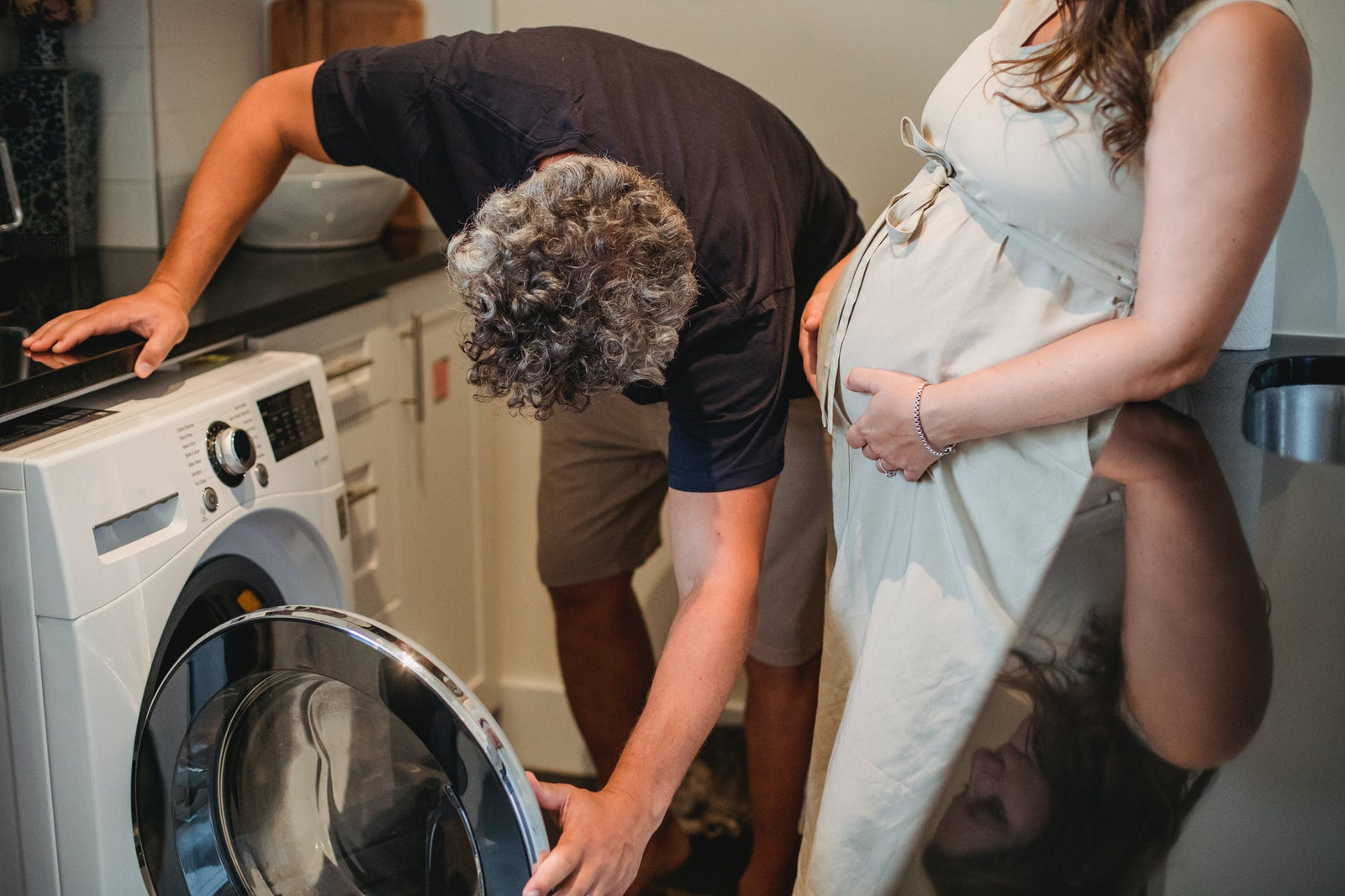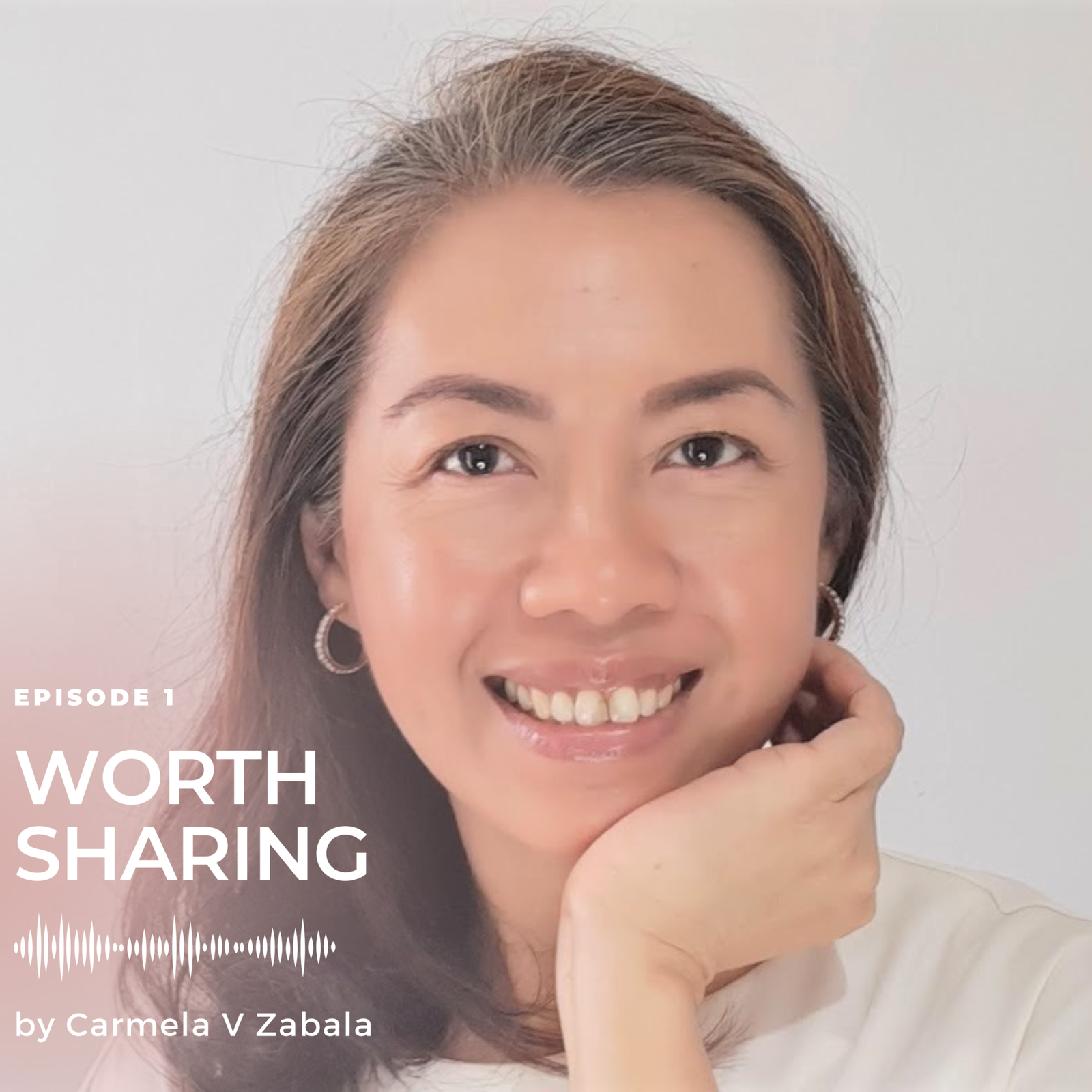What’s next for you? Return to work? Stay at home to care for your newborn? Start a business from home? Train to go back to work? How much does a family cost? What to plan financially?
Part 3 tackles these questions.

- 1. How much does a family cost?
There’s no absolute number. The cost to raise a family depends on your situation, your goals and aspirations and what you understand about the cost.
According to a survey, the average cost of raising a child is about P500,000.00* a year from birth to independence with the major cost coming from education and childcare when a child starts nursery at age 5 or 6 until university at age 21 or 22.
However, the cost varies from family to family depending on income, choices of care, education and lifestyle.
If either of the parents chooses to stay at home or cut the work hours, you need to account for the lost income and its impact on your financial goals like retirement or buying your own house among others. Some goals may take a backseat if it's not feasible.
So many individuals in the Philippines are unable to prepare for retirement due to the staggering cost of education.
*Estimate by IMoney

Personal Finance Strategy to Keep You Off Debts
Gerry and Linda have started pooling their funds in money market* and savings account for rainy day fund for the last 5 years prior to the new arrival. Each contributing P5,000.00 each month. They were both determined not to dip their fingers into the fund until Linda became pregnant during the pandemic and lost her job. From double income to single income and the increased expenses for prenatal check-ups and preparing for the baby’s needs, they dipped into the rainy-day fund until the delivery of the baby. Soon after they have bought the baby needs, Gerry started rebuilding the rainy-day fund on his own by putting in P6,000.00 each month. Imagine, with a baby on the way, dealing with lost income and without any rainy-day fund? They will be incurring debts! It’s a good thing they have funds for the unexpected.
*Money market funds are mutual funds that are invested in short-term debt instruments. Hence, it reduces uncertainly and is a low risk and stable investment. You can include this in your portfolio to diversify risk and access to liquidity. Due to trade-offs between risk and return, you can expect a lower rate compared to other investments but a higher return than the bank.

- 2. Going back to work, child support and training needs
While in pregnancy or during maternity leave, it might be good for you to plan ahead particularly child care closer to your area and consider them in your budget.
If you are a single parent, discuss child support and other needs with the father of your child. Your rights are discussed in RA 8972* which provides benefits and privileges to single parents or people who are the parents of their children or relatives.
If you are returning to work and will be doing a different kind of work or starting a business from home, identify your learning and growth needs prior to going back to work.
Source: https://pia.gov.ph/features/articles/1016556
- 3. Creating a Financial Plan
In Part 2, we created a budget for the day-to-day expenses of running a family. In Part 3, we are introducing important personal finance considerations like
- a. Life and Health Insurance
If you as the mother of the child is also the main breadwinner or significant contributor to the budget, consider the “what-ifs” or unexpected events like loss of your income caused by illness, disability or death. Your spouse will need to replace the loss of income as a result and this can come from your life and health insurance.
In case of illness, the insurance company will pay the beneficiaries
- a daily income for hospitalisation.
- an amount of money for minor, major or critical illnesses.
- an amount of money for home recovery
In case of death, the insurance company will pay the beneficiaries
- a lump sum as a result of death for traditional insurances or a lumpsum plus fund value for insurances with investment component like VUL
- b. Health Maintenance
If your employer provides health maintenance benefit for you, your spouse and newborn and minor kids, you can use this benefit for check-ups, labs tests and emergency situations. Also, this benefit pays for limited hospitalisation.
What if you are a stay-at-home mum and your spouse is the main breadwinner? Here's a personal finance strategy to keep you and your family secure
Gerry and Linda’s friends, Mo and Yvonne went through a tough time when Mo was diagnosed with a rare disease. Mo used to be the main breadwinner while Yvonne is a full-time mum and carer of the family. The saving grace is the living benefits of Mo’s own life and insurance and his company’s which paid him benefits for the period he stayed in the hospital, a lump sum which he used for check-ups and to recover at home. Also, his health maintenance helped him with lab tests.
Government benefits are not paid automatically. Mo and Yvonne have to claim benefits from Phil health and SSS for reimbursement.
- c. Rainyday Fund or Emergency Fund
Emergencies and pandemic do happen so build your liquidity and security fund. The goal is to start small and be consistent in putting aside until you’ve built your target amount. How much?
Robin is a physical therapist with thriving practises before the lockdown. He used to visit clients every day in several upscale villages before the pandemic. Although he is a single young person, he supports his widowed mother and a younger sister. His emergency fund supported them for four months but he had to look for other means to survive.
The rule of thumb pre-covid was to have a rainy-day fund that can last between 3 and 6 months of your living expenses but the pandemic has shown us that difficulties can last for a month or 12 months. If you were furloughed or laid off and still out of work for more than 6 months, chances are you might have drained out your rainy-day fund during the pandemic. There’s no hard and fast rule on how much you need but any amount that will give your family security and peace of mind is a good target.

- d. Sinking Fund or Savings for Big Item Purchases
Sure, you have an emergency fund, but when your washing machine breaks down or you want to pay off debts, you can dip into your sinking fund. You can open a savings account, a current account or a money market fund for this purpose. The goal of this fund is to soften the difficulty or hardship of a major cash outlay like when you buy a brand-new washing machine or pay off debts.
- e. Rent or Mortgage
A bigger family is usually the reason to move to a bigger home. Whatever your choice, there’s always a budget [and tax] implication.
Renting gives you a roof over your head but you get increases each year or 2 depending on your contract. Renting saves you property taxes but it does not increase your net worth. Owning a property does and increases net worth as the market value appreciates.
On the other hand, getting a mortgage requires planning. You need to work out a budget for the down payment which can either be 10% or 20% of the contract property price. The 80% will be mortgaged through the bank. Also, there are other costs of buying a property that you need to save up like documentary stamps, transfer tax, title and other incidental costs. If you choose to live in a condo or subdivision, you need to budget for association dues and maintenance among others.

- f. Education
You know that you will have a major expense when your child starts school or when he or she goes to university so plan ahead if you want to prepare for her/his university. Work out much you need to set aside regularly in order to build your target education fund.
- f. Retirement
The silver lining of the lockdown is that there’s no FOMO. So, do not let retirement fall by the wayside if you can afford to fund them. You can channel funds [usually spent on clothes, trips, travel, makeup, shoes] to fund your retirement. You can start building your retirement via financial assets or businesses that provide passive income.
4. Starting a Business
The major motivation to being your own boss is the flexibility of time and workplace. There are amazing female-founded businesses launched from the kitchen table. The ideas can be inspired by passion, hobbies and interests or the struggles, challenges and difficulties that were turned on their head to become a product or service solution.
















































